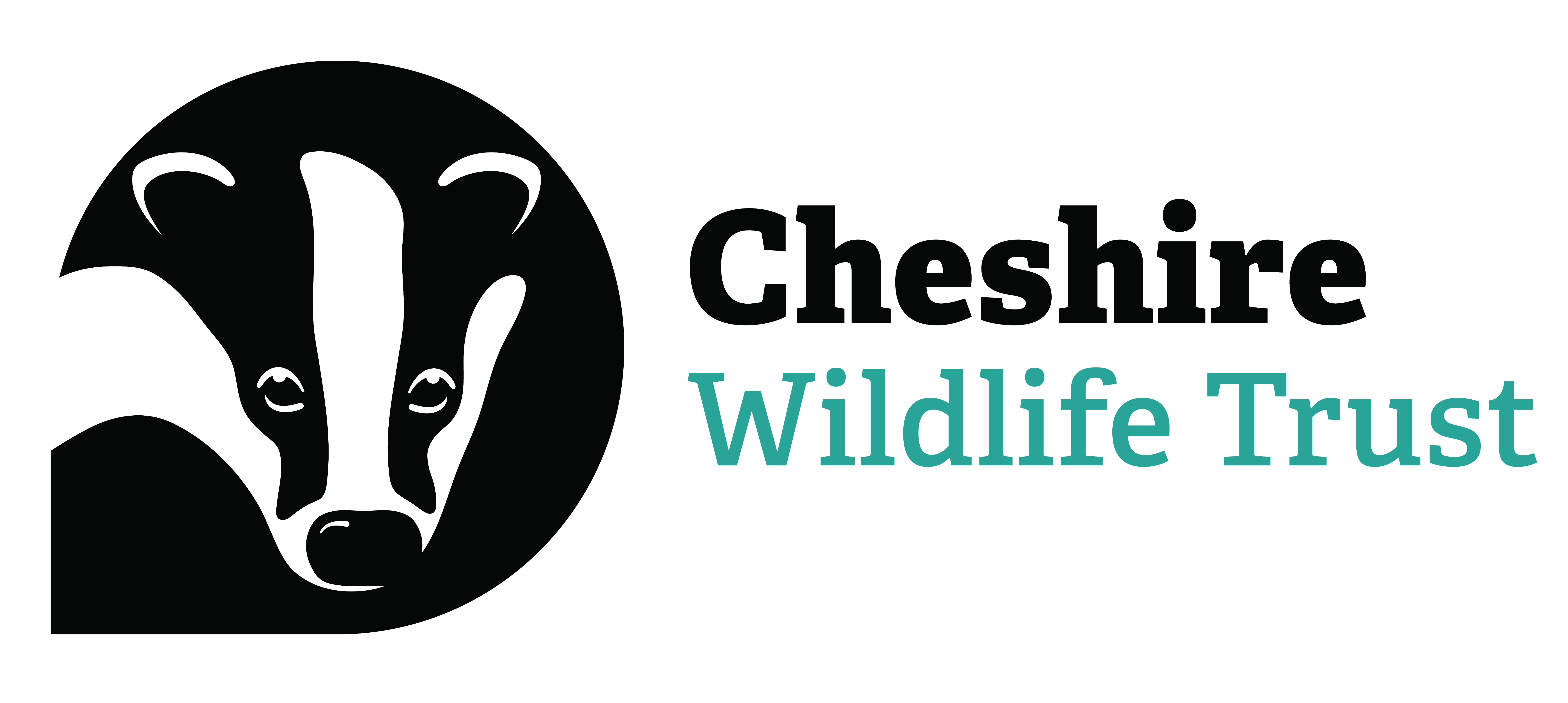Today the Environment Secretary set out plans to restore nature and “build back greener” after the pandemic. The Secretary of State, George Eustice, made the speech from Delamere Forest’s visitor centre via an online event hosted by The Wildlife Trusts.
Much focus was given to plans for tree planting, species reintroduction and peatland restoration in England, including a ban on peat sales subject to a public consultation. While it is widely acknowledged that there is a big opportunity for a ‘green recovery’ from Covid19, Cheshire Wildlife Trust fear that there is a real danger of ‘building back’ just as before – for example by investing in damaging new road building and destructive developments such as HS2 rail, rather than investing in nature on land and at sea on the scale that is urgently needed.
Charlotte Harris, chief executive of Cheshire Wildlife Trust says:
“Cheshire is the least wooded county in England so we welcome the ambitious targets on tree planting, however the balance needs to be right. It is vital that the right trees are planted in the right places and that we create woodland habitat that not only stores carbon but is good for wildlife too.
“We need new woodland that connects existing sites to form a Nature Recovery Network, allowing species to move freely throughout our cities, towns and countryside. Warburton's Wood Nature Reserve and our work in the Cheshire Peak District landscape are perfect examples of natural regeneration and connecting existing woodlands.
“The peatland strategy is also a welcome priority as Cheshire is home to a network of internationally protected peatlands known locally as Meres and Mosses. The Trust is also working hard to restore our degraded peatlands and has so far restored over 200ha of ‘lost mosses’ in Delamere Forest and successfully reintroduced species such as the white-faced darter dragonfly and beavers to the forest. It’s very fitting that Delamere was selected as the location to make today’s announcements.
“We know there will be challenges and we are ready for that, but the government need to go even further if we are to restore enough peatland and create enough woodland for nature to play its full part in achieving net zero by 2050. A ban of sale of peat for horticulture must be a top priority.”



